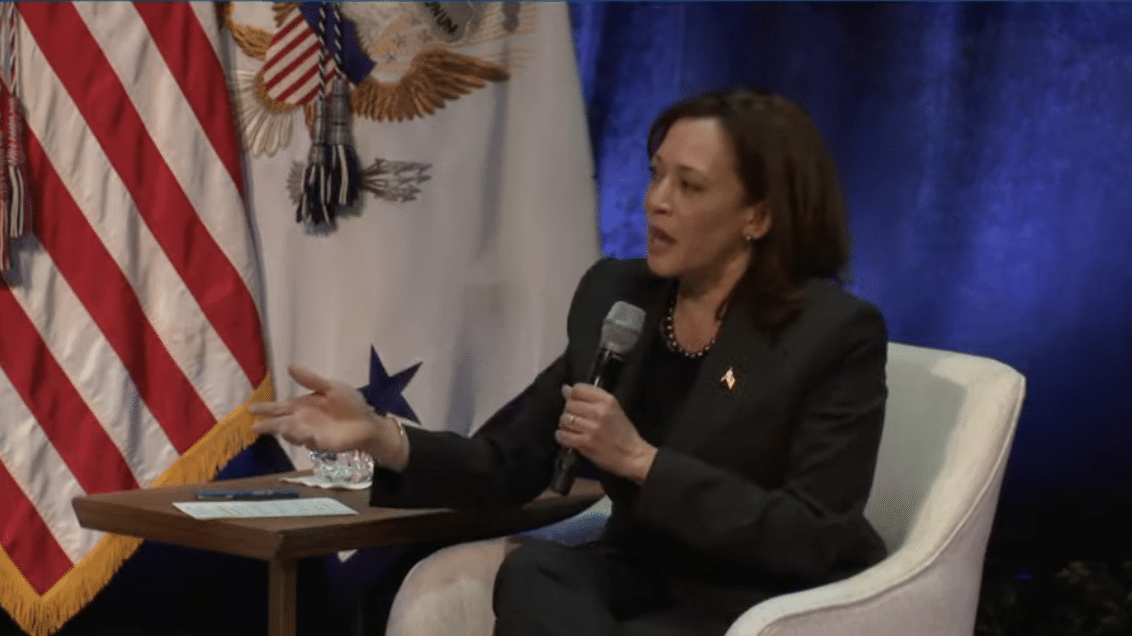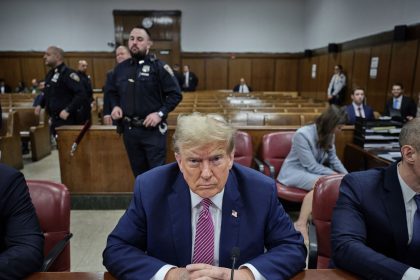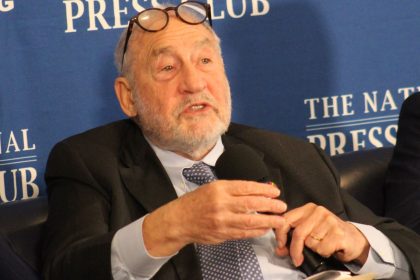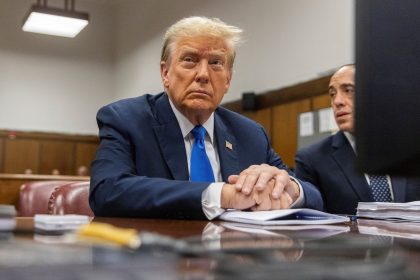People Have ‘Right to Expect’ Government to Address Climate, Says VP

DENVER — Vice President Kamala Harris appeared in Jefferson County, Colorado, for a moderated conversation with Rep. Brittany Pettersen, D-Colo., and professional female rock climber Sasha DiGiulian this week to discuss the administration’s investments to combat climate change.
She came armed with puns and the power of a trio of transformational spending packages.
“When you combine what we have accomplished with the Inflation Reduction Act, together with the CHIPS Act and the bipartisan infrastructure law, we’re looking at about $1 trillion that will hit the streets of America on the issue of climate,” Harris said.
“Think about this infusion of such a substantial amount of resources, which also, by the way, will spur private investment that will … exponentially grow that number, and what an impact we can have to really fast forward what is long overdue.”
Her optimism held steady, even as she spoke from a location where the water has dried up and wildfire season extends year-round, as she spoke about innovation around a clean energy economy that “works for the betterment and improvement of everyone’s life for generations.”
“I was born in Oakland,” Harris said, “and the Bay Area takes great pride in being one of the birthplaces of the environmental movement.”
Citing her parents’ background in the Civil Rights movement as well, Harris claimed she had an early knowledge of “a bunch of folks who were marching and shouting for equality and justice,” which informed her later work to create an environmental justice movement while serving as San Francisco attorney general in 2005.
“I took on [environmental justice] from the perspective saying that not only do we want to encourage good behaviors, but there needs to be a consequence for bad behaviors,” Harris said.
Federal policy at the time was just starting to acknowledge various stakeholders, and now, not only are communities and regions affected differently but the same area can — within days — experience devastating drought and be flooded with a season’s worth of rain that falls in a matter of hours.
“[We need to be] thinking about how we will build for this moment and … critically evaluating what we have been doing, and [acknowledging] it hasn’t been very smart,” Harris admitted.
“Water policy ‘flows’ in different directions,” she quipped while advocating for rainwater capture; and “we are on track, ‘on the road,’ to being global leaders in the building and manufacturing of electric buses,” she said, pushing for e-vehicle adoption.
“When we believe … we can create, and we can build and do it,” she said and pointed to the administration’s infrastructure and funding priorities as ways to make it happen.
“We’re all in this together,” Harris said, insisting that environmental works are “what people have a right to expect their government to address.”
“We all know the most precious things are fragile, and that’s why we pay special attention to take care of them. Let’s continue to do that.”
Kate can be reached at [email protected]

























